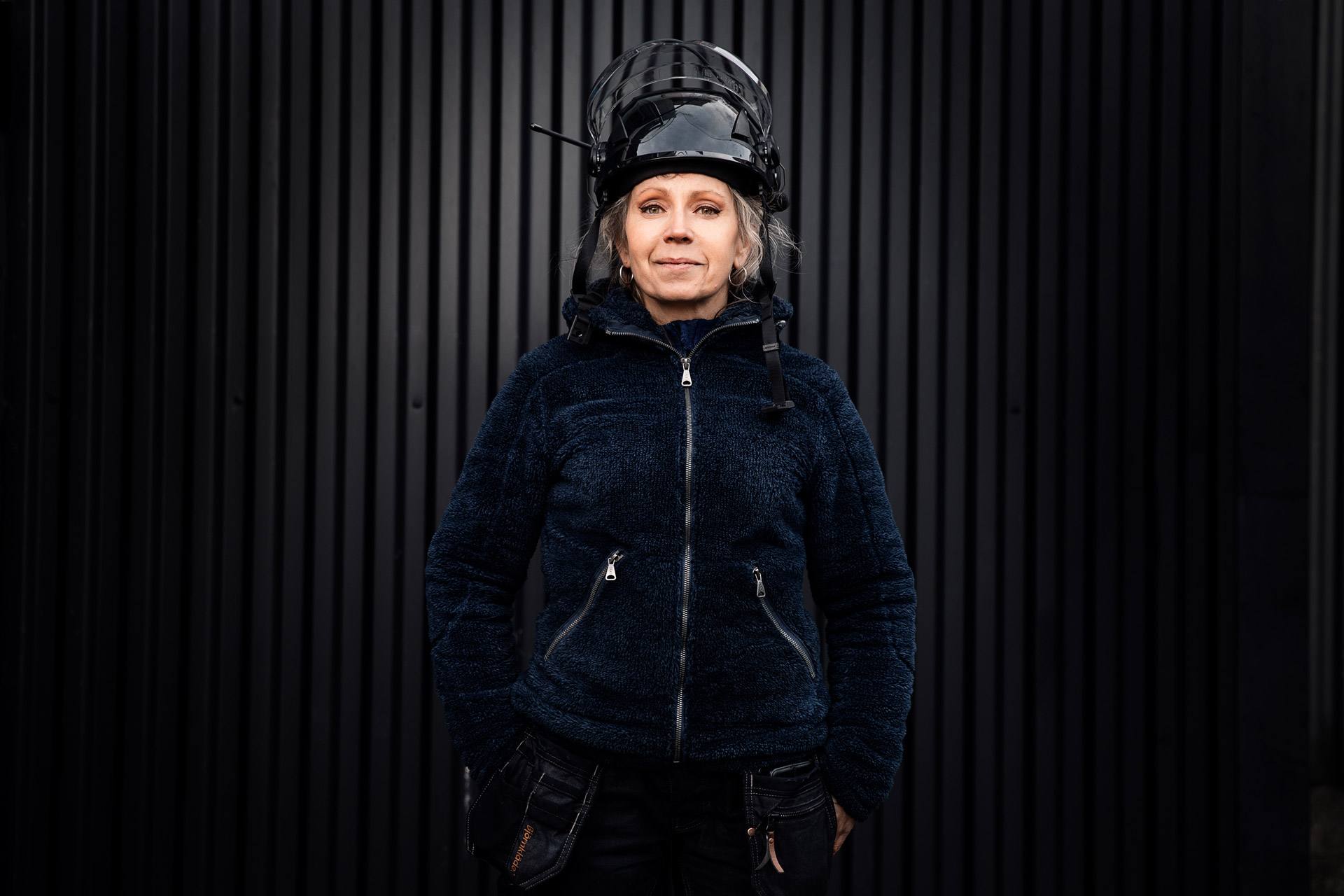Sustainable by default

Circularity is not an optional extra. It is our backbone and the only way forward.
Over the past 20 years, we’ve dedicated ourselves to making a real difference, believing in creating a more sustainable world through circular solutions. Our direction is always forward and a circular future is our driving force.
We support the industry change
Sustainability will be the main strategy for all companies. Enviro aim to be the leading enabler of circularity for valuable raw materials.
The global goals for sustainable development
Enviro’s technology and strategies are strongly linked to the United Nation’s global sustainability goals. Our technology ensures safe disposal of waste streams that usually go to incineration or landfill.
Estimated annual output by 2030 from our upcoming plants
- 300 000 ton rCB
- 135 000 ton steel
- 450 000 tons TPO